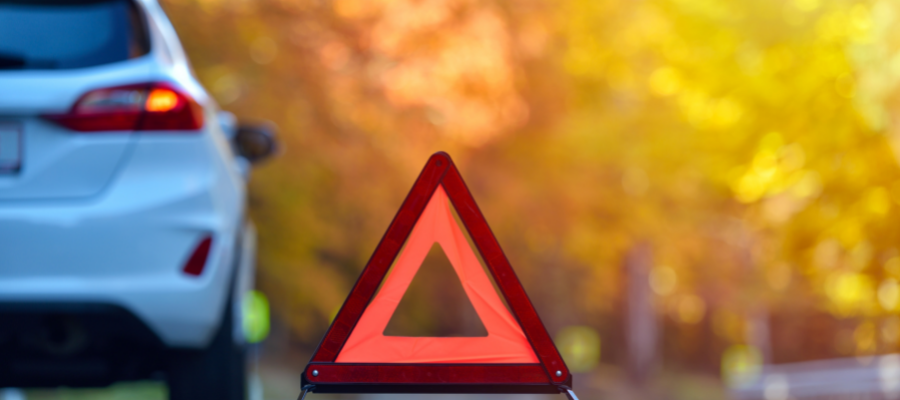Vehicle Breakdowns: How To Avoid Them
Last updated 11 July 2022 | Published 15 January 2017
Car breakdowns are unpredictable but there are a number of regular car checks you can perform to help keep it in good running order and minimise the chances of a breakdown.
An RAC survey found that just a fifth of drivers (19%) say they always check their cars are ‘road-ready’ for making a trip, increasing the potential for breakdowns. Half of drivers (51%) said they sometimes check their cars over before setting out but an alarming 30% said they never do.
Top Up With Fuel
Before going on a long journey, top up your tank with fuel.
If you do forget and get low on fuel, do not rely on your car’s display which shows how many miles are left until the tank’s empty. It’s not always accurate. Fill up as soon as possible.
Check Coolant Levels
To avoid an overheated engine, check your car’s coolant level regularly. You can locate the reservoir by referring to your car’s handbook. If it’s running low you should take your car to your local garage to have the system checked over.
Avoid A Flat battery
Driving your vehicle regularly for at least 30 minutes once a week should provide enough charge for your battery..
If your battery is over five years old it is recommended to change it.
Don’t forget to switch everything off as you leave the car. Removing the ignition key may not switch off the lights or the stereo!
Tyre Checks
Check your tyres regularly by checking their air pressure, their tread depth and the general condition of all four tyres. It’s a good idea to check the spare too.
Neglected tyres are more likely to leave you with a flat!
Minimum tread level is 1.6mm, although in winter it’s advisable to have 3mm of tyre tread to help with traction and grip.
Read Next:
- How to Check Your Tyre Pressure
- How To Check Your Tyre Tread
- Bald Tyres: Warning Signs, Risks and Prevention
- Tyre Blowouts: Risks, Causes and How To Handle
Clutch
There are a couple of symptoms you can look out for to avoid breaking down because of a dodgy clutch. The biggest give away is if your vehicle judders when you lift the clutch pedal to pull away. Another key thing to look out for is if you accelerate with some strength and then see the engine revs rising but the car isn’t moving forwards. If you suspect something, get your clutch checked sooner rather than later.
Oil
Avoid catastrophic engine damage by checking your oil level is between the minimum and maximum mark on your car’s dipstick and top up if necessary.
If you don’t know which type of oil you need to use, refer to your owner’s handbook.
Oil stops heat and friction building up within your engine and allows all of the moving parts to work properly.
- If your engine oil light comes on, make sure to pull over as soon as possible and check underneath your car.
- If you see liquid dripping down, this is likely to be oil and you must not carry on driving because your car will suffer and breakdown!
- If there is no leakage, go to your closest garage, buy some engine oil and top it up immediately.
Read Next: How To Check Your Engine Oil
Do Not Miss A Service
Never miss an MOT or a Service. Finding the time and money to service your car can be a pain, but in the long run it could save you a whole heap of problems.
Read Next
Compass Vehicle Services Ltd offer:
nationwide car leasing – bad credit car finance – used car deals – personal leasing – business car leasing – best car lease deals – non-status car leasing
Back to all help and advice articles




